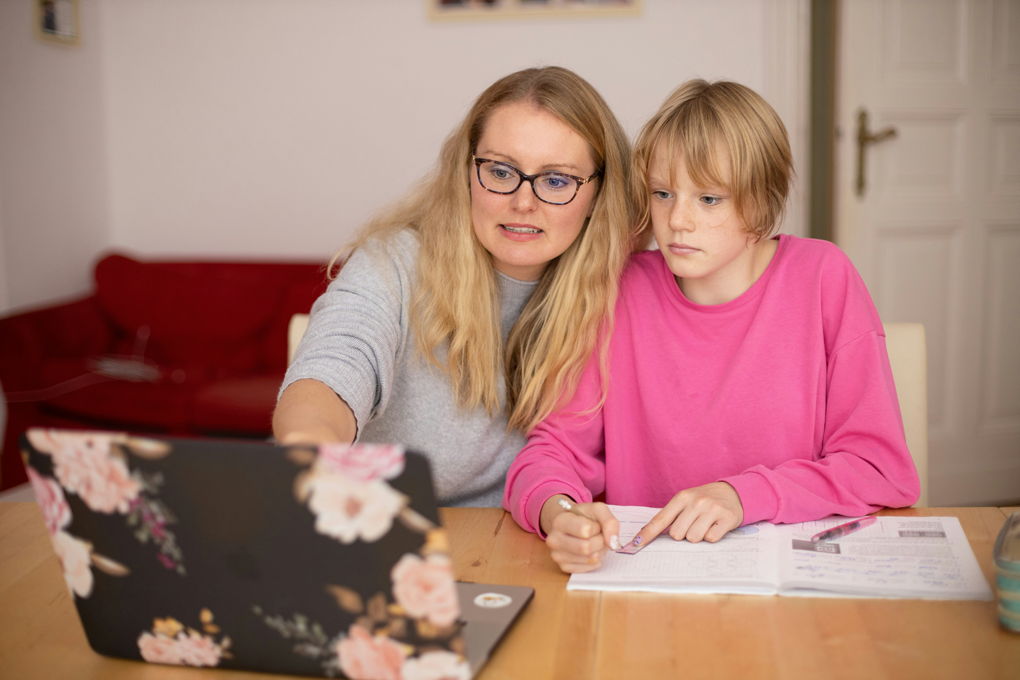
Visual routines and schedules can help a parent with dissociative identity disorder (DID). Growing up, my life was characterized by unpredictability. I was constantly in a state of hypervigilance, fight or flight. When I was diagnosed with dissociative identity disorder, I thought I would spend the rest of my life in this mode.
When I found out I was going to be a parent, the thought of becoming one scared me, as I had for most of my life. Little did I know that as a parent with IDD, I would soon discover the power of visualroutines and schedules.Using a routine increases the security of parents and DID family systemsAs a parent with IDD, I have an internal and external family system. My external family system consists of my daughter and my partner. My inner family system consists of my alter egos.
Since I got married and became a parent, my internal family system has undergone some changes that have made it necessary for my alter ego and I to stay safe and connected.Parenting, which is inherently stressful for many people, presented a unique challenge for me. Stress acted as a potential trigger that caused me to losebalance, lose track of time, and experience a flood in my internal family system.
The louder the internal voices became, the more difficult it becameto regulate my external and internal world. In the midst of these difficulties, my therapist and I embarked on a journey to improve communication with myself and establish routine as a cornerstone ofparenting with DID.
ADS
The reason was simple but profound: routines are beneficial for children because they provide predictability, thereby reducing stress.We thought about what these procedures would entail and developed visual programs to help parents with DID. These visual programs became anchors, anchoring me in the present moment. Not only did they provide an action plan for the day, but they also facilitated communication with my daughter and my alter egos about what to expect next. Over time, this grounding effect has fostered a deep sense of security and brought predictability tomy daily environment, both for my internal and external family systems.
Routines as a basic tool for supporting parents with DIDThe benefit of exploring different daily activities and planning tools when parenting DID is that you can find a tool that works for you and your system. My system found solace in the calendar app and visual calendar. The Calendar app allowed me to seamlessly integrate meetings, sync work tasks, and add important things to my day.
The Visual Planner allowed meto further organize the tasks into folders and provide a detailed breakdown,which I found particularly useful as it allowedchanges to interact with the Visual Planner in a way that suited them. I have alter egos of different ages and abilities. The calendar app and visual calendar allow me and my alter egos to communicate about the day’sevents through words and images.
Such communication helps my internal family system feel safe and function as a whole team.Over the years I have found living with DID confusing. However, in my search for tools, I have learned that routines and schedules can serve as helpful core tools when parenting with IDD, helping you refocus on the present moment, especially when time has been wasted. This got me thinking about the question: Can routines and schedules be helpful for other people with dissociative identity disorder?
ADS


